Confident outlook
Attracted by these factors, German investment in China has reached a record high so far this year, and again reaffirmed the confidence German companies have in the Chinese market, said Clas Neumann, chairperson of the board of German Chamber of Commerce in China, East China.
Currently, around 5,000 German companies operate in China, while over 2,000 Chinese companies have invested in Germany. The industrial and supply chains of both China and Germany are deeply integrated and their markets are highly interdependent, according to information released by the chamber.
With the structure of foreign investment continuing to be optimized, China saw the high-tech manufacturing sector utilize 80.18 billion yuan ($11.07 billion) in foreign direct investment between January and October this year, accounting for 11.6 percent of the national total, data from the Ministry of Commerce shows. That represents an increase of 0.7 percentage points from the same period last year.
Investment in China from Germany, Australia and Singapore has also increased, surging by 7.5 percent, 6 percent and 4.4 percent respectively year-on-year.
Expressing long-term confidence in the Chinese market, German carmaker BMW Group announced in April an additional investment of 20 billion yuan in its production base in Shenyang. In September, French industrial group Schneider Electric SE completed the second phase of an innovation laboratory park project in Shanghai.
U.S. chipmaker Intel Corp announced in late October the expansion of its packaging and testing base in Chengdu, Sichuan province, along with a $300 million capital injection for its subsidiary there.
Eager to expand its market share in China, Trane Technologies plc, a U.S. manufacturer of heating, ventilation, air conditioning, and refrigeration systems, put a new plant into operation in Suzhou, Jiangsu province, in mid-November.
With an investment of 300 million yuan, the facility not only aims to enhance the company's production capacity in China but also to supply products to other markets in the Asia-Pacific region, such as Japan, South Korea, Australia, New Zealand and India.
Noting that China is one of Trane Technologies' key growth markets globally, Wu Chuangang, the group's vice-president of operations and integrated supply chain for the Asia-Pacific region, said that the company has maintained double-digit growth in China over the past three years, demonstrating strong business performance.
"The new factory will introduce additional product lines, particularly temperature control products, in the coming years, which are expected to drive further business growth," he added.
Chen Jianwei, a researcher at the Beijing-based University of International Business and Economics' Academy of China Open Economy Studies, said: "By actively engaging in global industrial division and reinforcing multilateral, bilateral and regional economic cooperation, China has played a key role in maintaining a diversified and stable international economic framework."
The nation's ongoing progress in market openness, business model transformation, and industrial, consumption and large-scale equipment upgrades, will consolidate its position as a strategic priority for global manufacturing businesses, fostering sustainable long-term financial growth, he said.








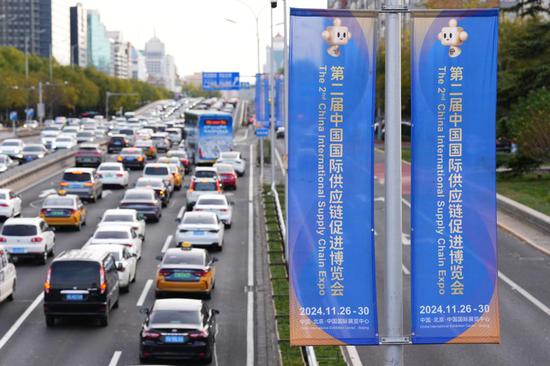


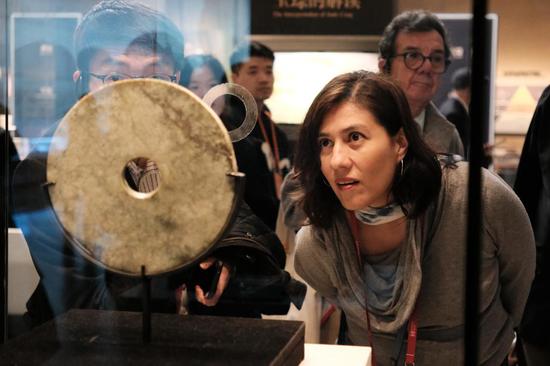
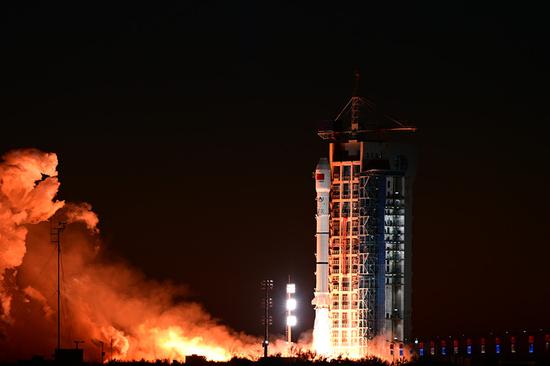


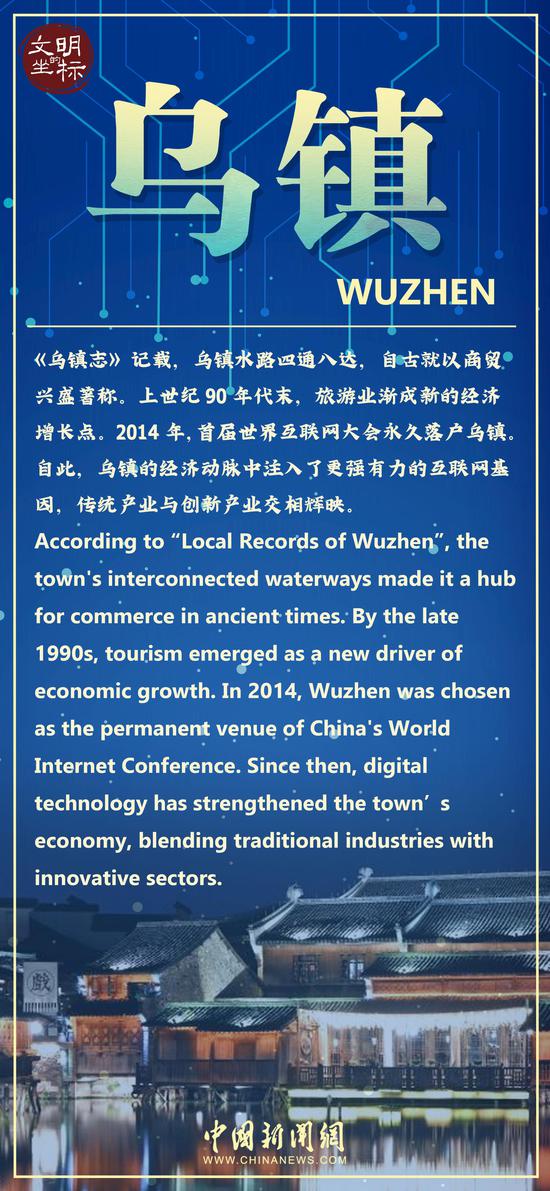








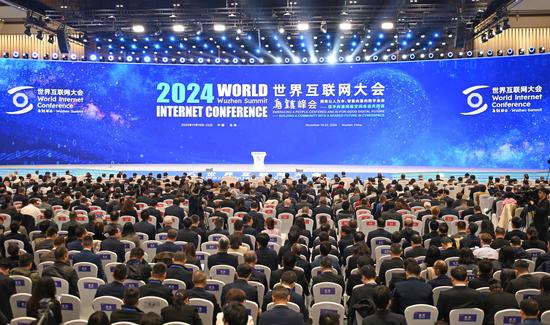
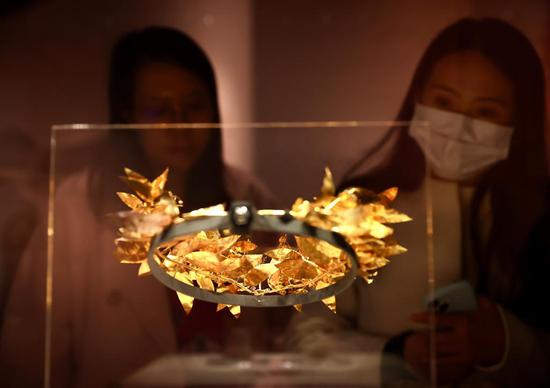

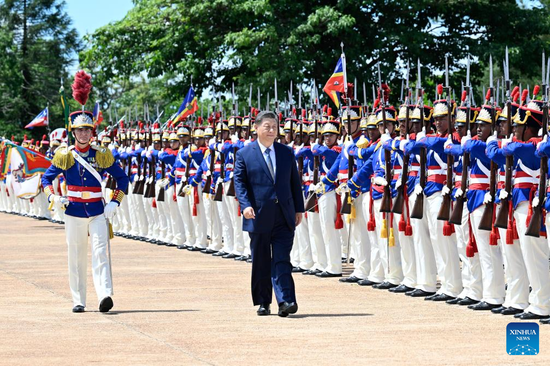




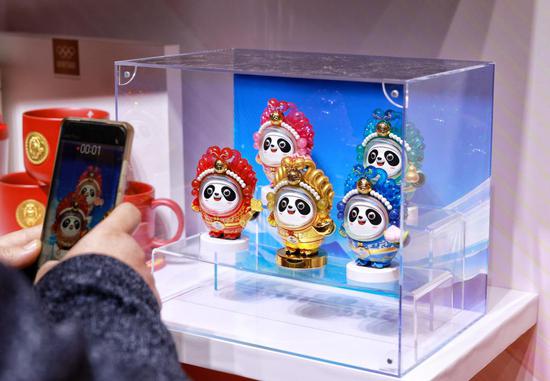
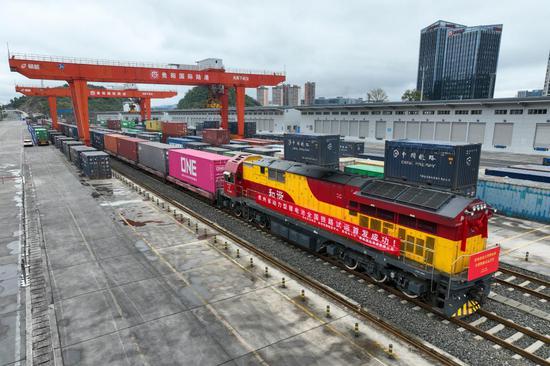
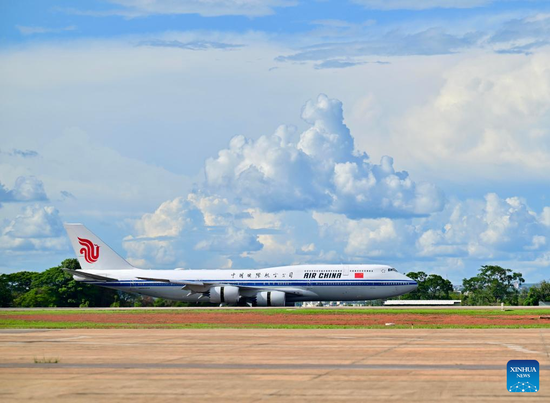

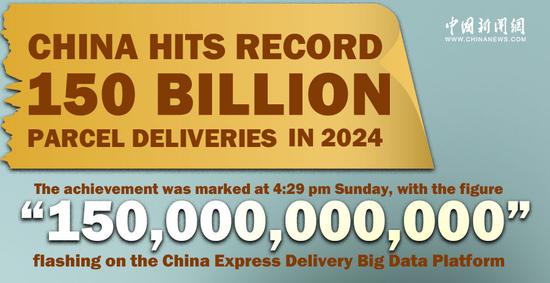

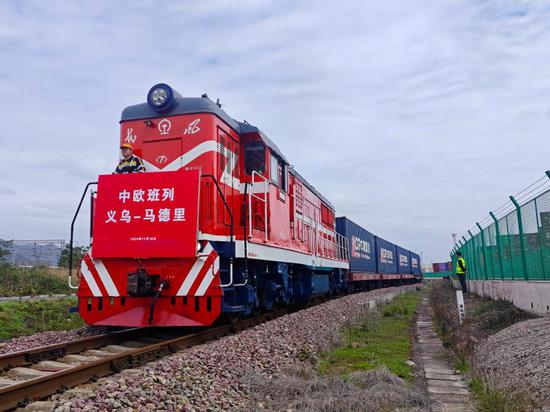
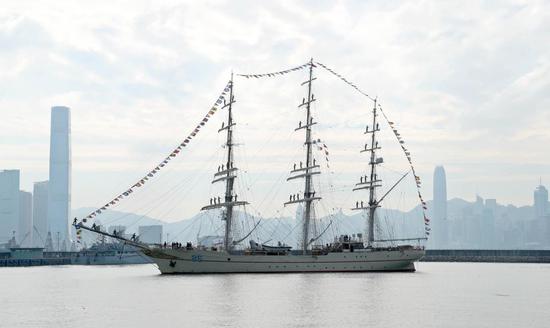
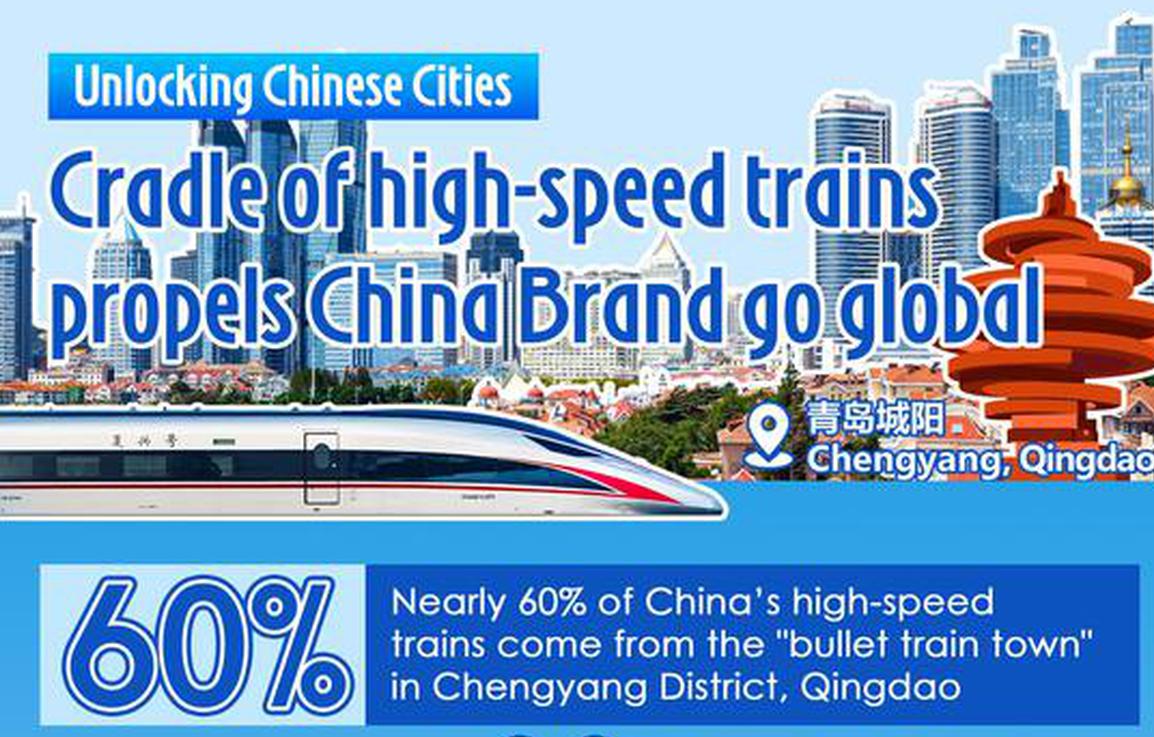
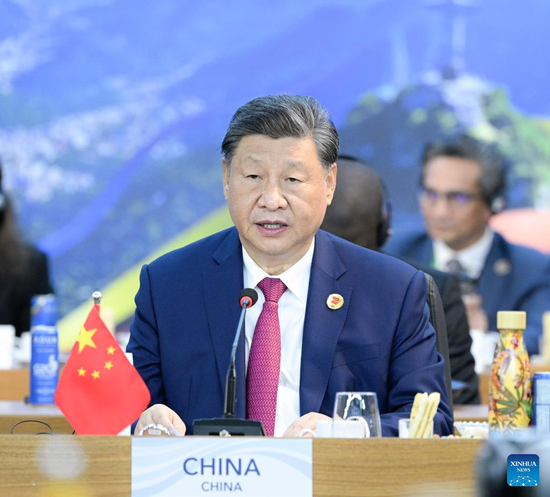

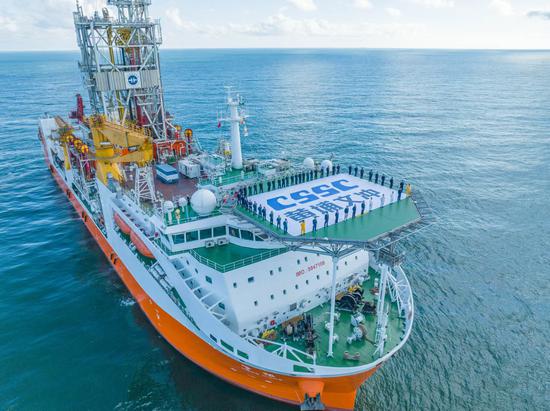
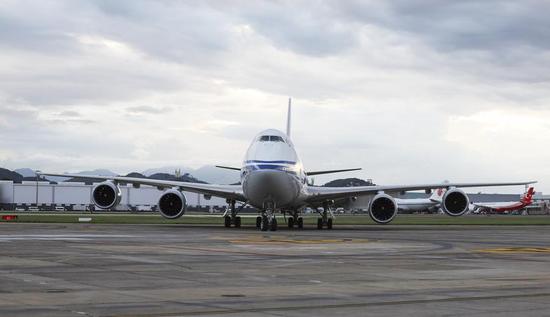

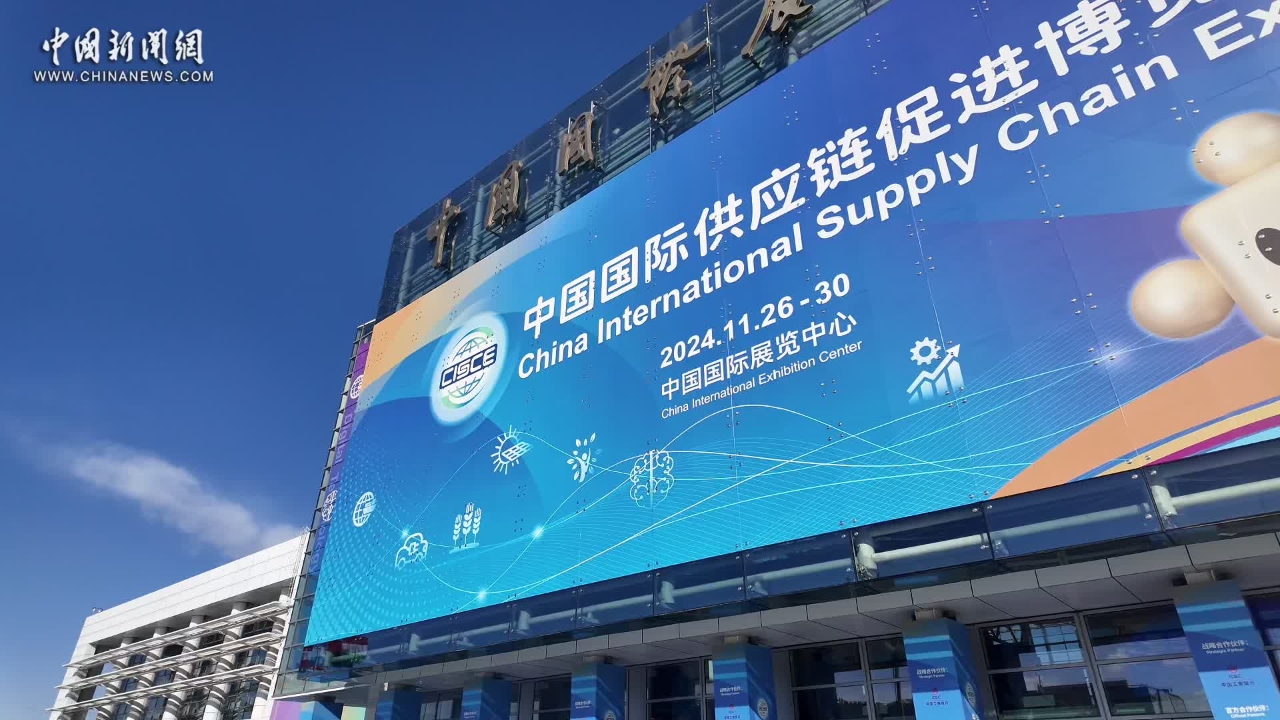



 京公网安备 11010202009201号
京公网安备 11010202009201号